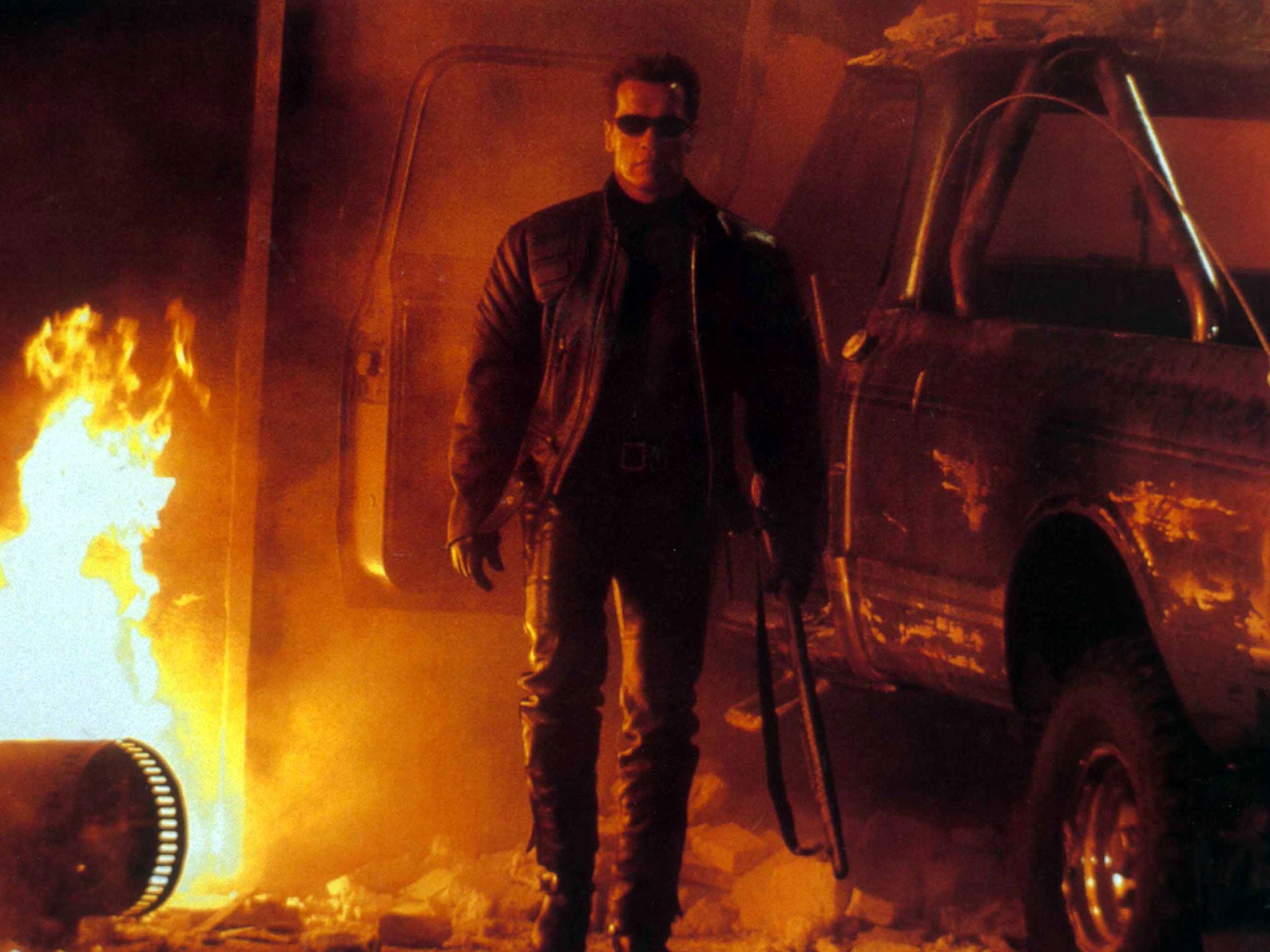'Killer robots need to be stopped now, before it is too late' says Human Rights group
Pressure group, academics and Nobel prize winners unite in call for pre-emptive banning of 'swarms of killer robots'

A new campaign, aimed at persuading countries to ban the building and use of so-called 'killer robots', is gaining momentum after winning the support of academics, pressure groups and Nobel Prize winners.
The organisation Human Rights Watch (HRW) first mooted the campaign back in November when they warned that soon: "fully autonomous weapons, also known as "killer robots," would be able to select and engage targets without human intervention."
The campaign, which is being led by Noel Sharkey, a robotics and AI professor at Sheffield University, aims to preemptively ban the future use of autonomous weapons before they have even been developed.
In a statement in November HRW said: "Fully autonomous weapons do not exist yet, but they are being developed by several countries and precursors to fully autonomous weapons have already been deployed by high-tech militaries. Some experts predict that fully autonomous weapons could be operational in 20 to 30 years."
Speaking to the Guardian Dr Sharkey said: "In America they are already training more drone pilots than real aircraft pilots, looking for young men who are very good at computer games. They are looking at swarms of robots, with perhaps one person watching what they do."
"This is going to be big, big money. But actually there is no transparency, no legal process. The laws of war allow for rights of surrender, for prisoner of war rights, for a human face to take judgments on collateral damage. Humans are thinking, sentient beings. If a robot goes wrong, who is accountable? Certainly not the robot."
HRW argues that the use of autonomous robots is one step up from unmanned drone strikes, and that fully autonomous weapons: "would not be constrained by the capacity for compassion, which can provide a key check on the killing of civilians."
Human Rights Watch released the first in-depth study by a non-governmental organisation into autonomous weapons last year. The document entitled, 'Losing humanity: the case against killer robots', argues that the weapons would not be able to comply with international humanitarian law, and would pose 'unacceptable dangers to civilians'.
Though fully autonomous weapons have not been developed some experts are claiming they could be emerging in the next 20 to 30 years, HRW says: "With each passing day, more and more money will be plowed into research and development of fully autonomous weapons. More investment means the more such weapons will become part of plans and doctrine for future fighting. Killer robots need to be stopped now, before it is too late and their march from science fiction to reality becomes irreversible."
Join our commenting forum
Join thought-provoking conversations, follow other Independent readers and see their replies
Comments
Bookmark popover
Removed from bookmarks